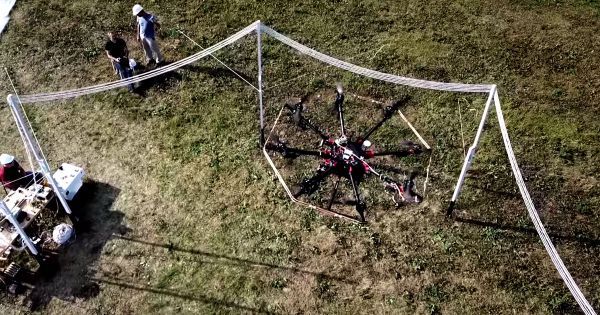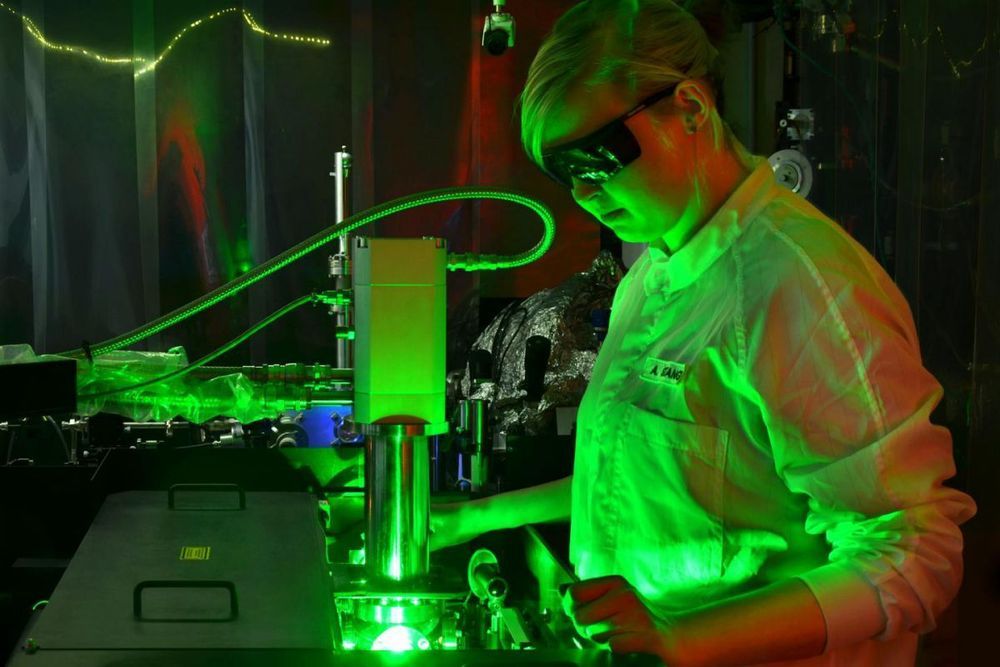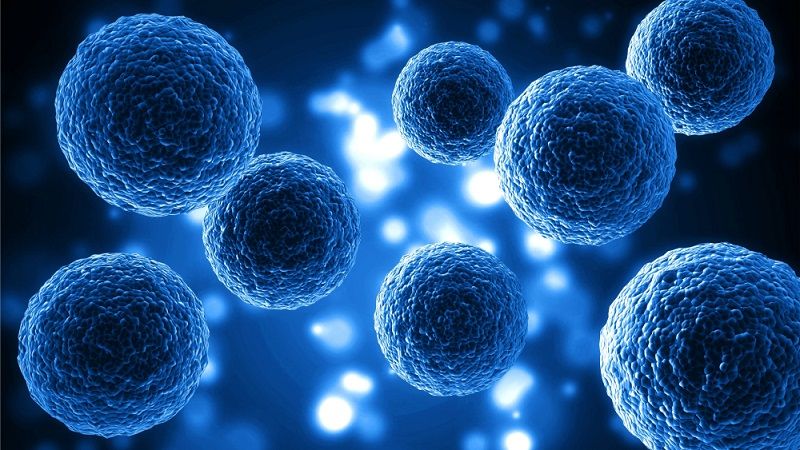The future of energy could be cheap, smart, and renewable. (via World Economic Forum)
Category: energy – Page 363


Maryland is turning algae into electricity AND cleaning up the Chesapeake Bay: BTN LiveBIG
Their pilot system absorbs excess nutrients, sequesters carbon dioxide and re-oxygenates the water, all while producing an efficient form of energy.


Amazing human powered bike travels 88MPH
Amazing bicycle reaches speeds above 85MPH using only human power.


Researchers Reveal Inner Workings of the Proteasome
Researchers from Scripps Research have discovered how the proteasome, which is made of protein complexes in the cell that breaks down damaged and unwanted proteins, converts energy into motion to unfold target proteins for recycling.
What is the proteasome?
The proteasome is a protein complex whose job is to break down and recycle proteins that have become damaged or are no longer required. It achieves this via a process called proteolysis, a chemical reaction that breaks the peptide bonds, thus allowing the target protein to be destroyed and broken down into its constituent parts, which become ready to be reused to make new proteins. The enzymes that facilitate this recycling process are known as proteases.
